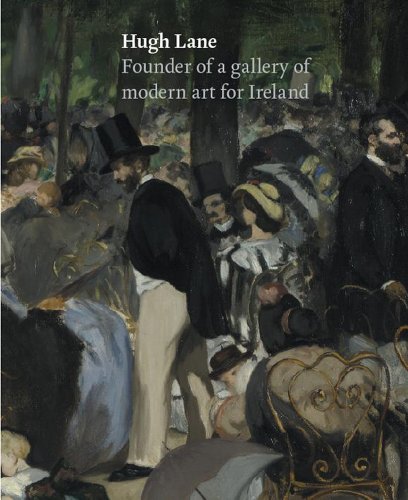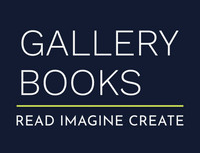Hugh Lane: Founder of a Gallery of Modern Art for Ireland
Hugh Lane: Founder of a Gallery of Modern Art for Ireland
Couldn't load pickup availability
This publication celebrates the pioneering achievement of Hugh Lane in founding a gallery of modern art, one of the world's first, in Dublin a century ago. Lane was a Cork-born, London-based art dealer who was among the first to collect French Impressionist paintings. His ambition to establish a gallery of modern art, now Dublin City Gallery The Hugh Lane, was realised in 1908 with an astonishing collection of Irish, British and Continental work gathered by Lane and his supporters. The path to his dream was not without struggle, and the fascinating story of the founding of the Gallery and of the turbulent controversy over his bequest has captivated audiences ever since his early death aboard the Lusitania in 1915.Many of the world-renowned treasures collected by Lane are illustrated, including all of Lane's contested thirty-nine Continental paintings, providing an insight into the man and his age. Impressionist masterpieces by Manet, Renoir, Monet and Morisot are reunited with Lane's modern collection for the first time since they were removed from Dublin to London in 1913. Distinguished essayists explore the importance of Lane's legacy. Barbara Dawson, Robert O'Byrne and Roy Foster illuminate Lane's life, the cultural context of Ireland in the early twentieth century and the controversy over the thirty-nine Continental paintings.Jessica O'Donnell, Philip McEvansoneya and Christopher Riopelle detail the founding of the collection, Lane's acquisition of important Impressionist paintings and the wider European context for the collection. Joanna Shepard reveals the essential work of conservators in preparing Lane's legacy for exhibition. Raymund Ryan, Sean O'Reilly and John Redmill explore the architectural context of the Gallery's current home, Charlemont House, and the collections once housed there by Lord Charlemont, while Niamh Ann Kelly reflects on the relationship of contemporary art to the art of the past.
Share


